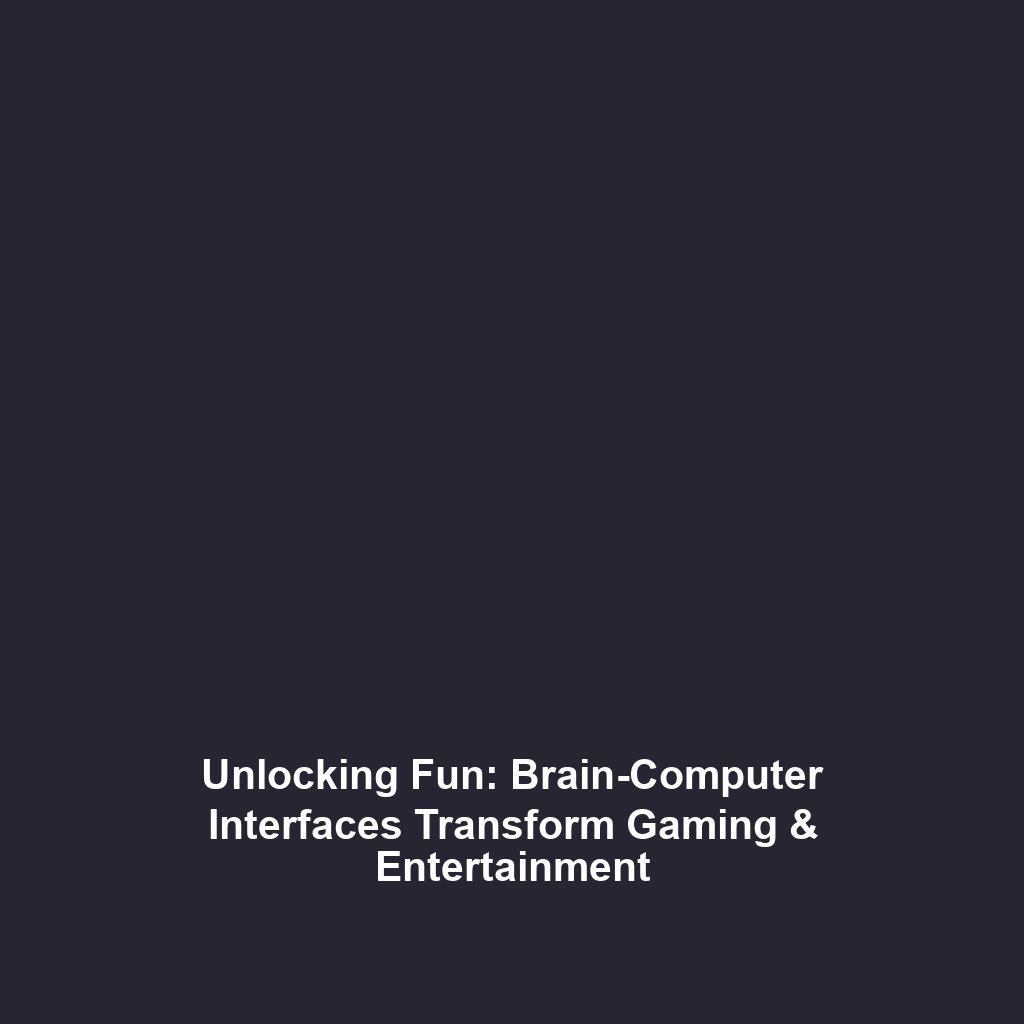Psychological Health: Coping Mechanisms for Long-term Isolation and Confinement in Colonizing Mars
Introduction
As humanity sets its sights on colonizing Mars, the focus extends beyond technological advancements and into the realm of psychological health. Coping mechanisms for long-term isolation and confinement will be crucial for the psychological well-being of astronauts and settlers on the Red Planet. Understanding these dynamics is vital, as individuals may face extended periods devoid of familiar social structures, leading to significant mental health challenges. By exploring psychological resilience strategies, we can better prepare for the social and emotional complexities of living on Mars.
Key Concepts
Coping Mechanisms
Coping mechanisms refer to the strategies used to manage stress, anxiety, and isolation. For space colonizers, these may include:
- Social Connectivity: Maintaining communication with fellow crew members and loved ones to foster a sense of community.
- Physical Activity: Regular exercise to mitigate stress and improve mental health.
- Mindfulness Techniques: Practices such as meditation and yoga to manage anxiety and promote emotional well-being.
Isolation Impacts
Long-term confinement can lead to various psychological issues such as depression, anxiety, and interpersonal conflicts. By understanding how these can manifest, we can implement frameworks that support the mental health of future Martian colonizers.
Applications and Real-World Uses
The application of psychological health principles in the context of colonizing Mars is evident in several areas:
How Coping Mechanisms are Used in Space Missions
Past space missions provide invaluable data on the challenges of confinement and isolation. Notable implementations include:
- NASA’s HI-SEAS: A simulated Mars habitat that studies long-term effects of isolation and social dynamics among crew members.
- International Space Station (ISS): Ongoing research into crew health, showcasing the importance of psychological support systems.
Current Challenges
Despite advancements, there are notable challenges in applying psychological health concepts to long-term isolation scenarios on Mars:
- Identifying effective coping strategies that work in extreme environments.
- Limited access to mental health professionals during remote missions.
- Variability in individual responses to isolation, complicating generalized solutions.
Future Research and Innovations
As we look toward the future, ongoing research aims to innovate methods for supporting psychological health in isolation:
- Tele-therapy: Developing remote psychological support technologies to provide assistance to Mars colonizers.
- Virtual Reality (VR): Exploring VR environments as therapeutic tools to alleviate feelings of isolation.
Conclusion
In summary, understanding psychological health and coping mechanisms for long-term isolation and confinement is paramount as we prepare for life on Mars. The integration of these strategies could ultimately lead to sustainable living conditions and individual well-being in extraterrestrial environments. To learn more about related topics, consider exploring our articles on Space Mission Readiness and Mental Health Protocols in Space.

